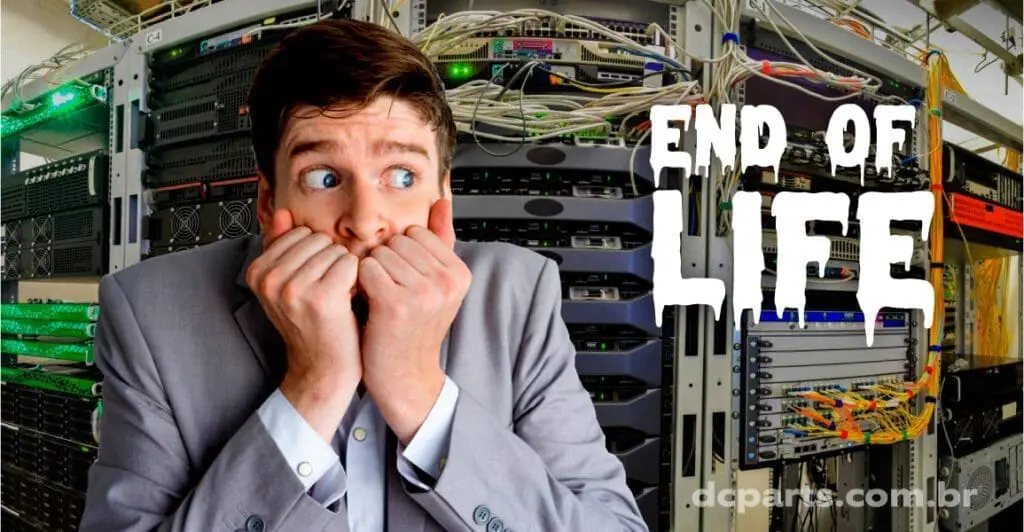What is EOL (End of Life) and how does it impact companies?
EOL, an acronym for “End of Life” (end of life, in Portuguese), is a term used in the context of products, especially hardware and software. It indicates that a product has reached the end of its useful life cycle, which happens when a manufacturer decides to discontinue production of equipment or when a specific component […]
What is EOL (End of Life) and how does it impact companies? Read More »







